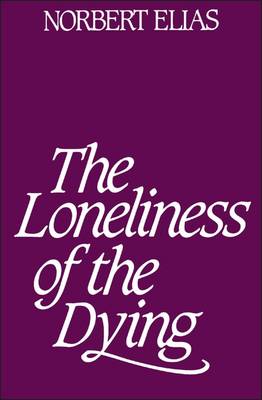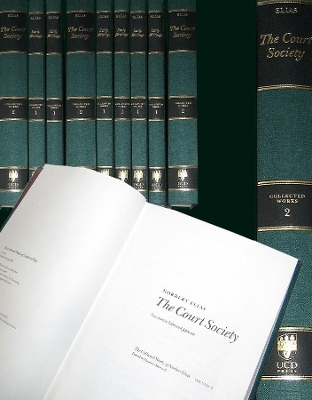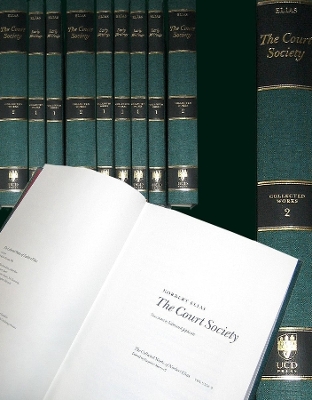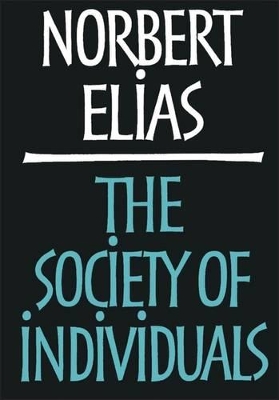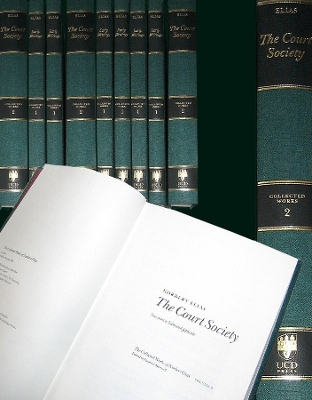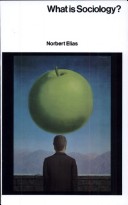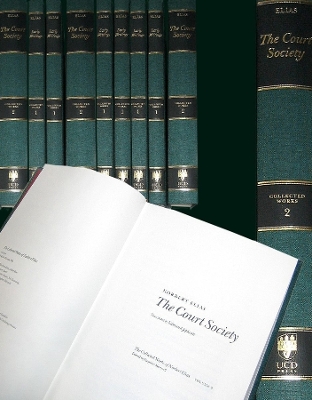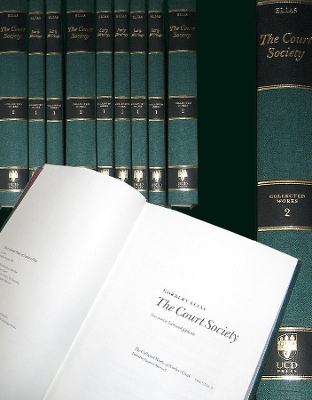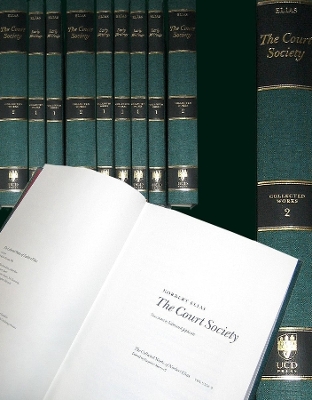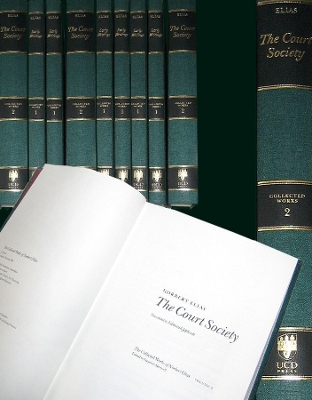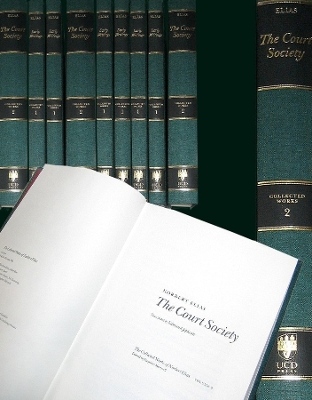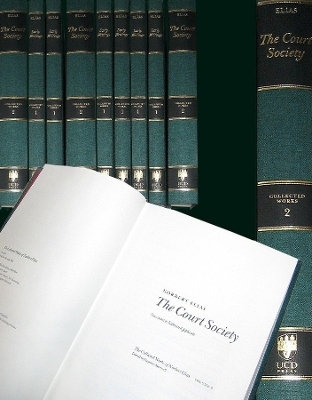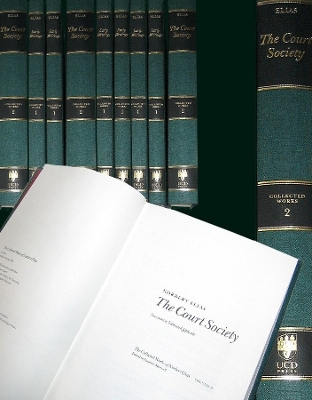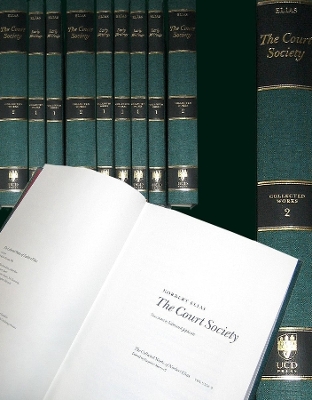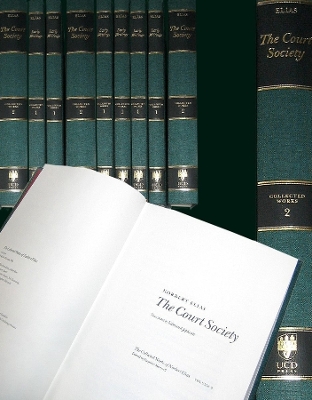Collected Works of Norbert Elias
17 total works
v. 6
v. 7
v. 9
v. 2
v. 10
9 An Essay on Time; 9781906359072 Vol. 10 The Society of Individuals; 9781906359089 Vol. 11 Studies on the Germans; 9781906359096 Vol. 12 Mozart & Other Essays on Courtly Art; 9781906359102 Vol. 13 The Symbol Theory; 9781906359010 Vol. 14 Essays I: On the Sociology of Knowledge and the Sciences; 9781906359027 Vol. 15 Essays II: On Civilising Processes, State Formation and National Identity; and, 9781906359034 Vol. 16 Essays III: On Sociology & the Humanities. It also includes: 9781906359119 Vol. 17 Interviews & Autobiographical Reflections; and, 9781906359126 Vol. 18 Supplements & Index to Collected. Works
v. 5
v. 8
Hence a host of traditional concepts connected with this idea such as transcendentalism and positivism lose their function and meaning. Like magic-mythical concepts of nature, ideological concepts of society become recognizable as forms of knowledge which are more involved than detached. The empirical evidence shows a long-term process of change from dominant involvement to dominant detachment in people's knowledge and experience of non-human nature which is not matched by a corresponding directional change in the standard knowledge of human societies and their individual members.
v. 11
v. 18
v. 17
v. 16
v. 14
v. 15
Essays II: On Civilising Processes, State Formation and National Identity
by Norbert Elias
v. 3
v. 12
v. 1
